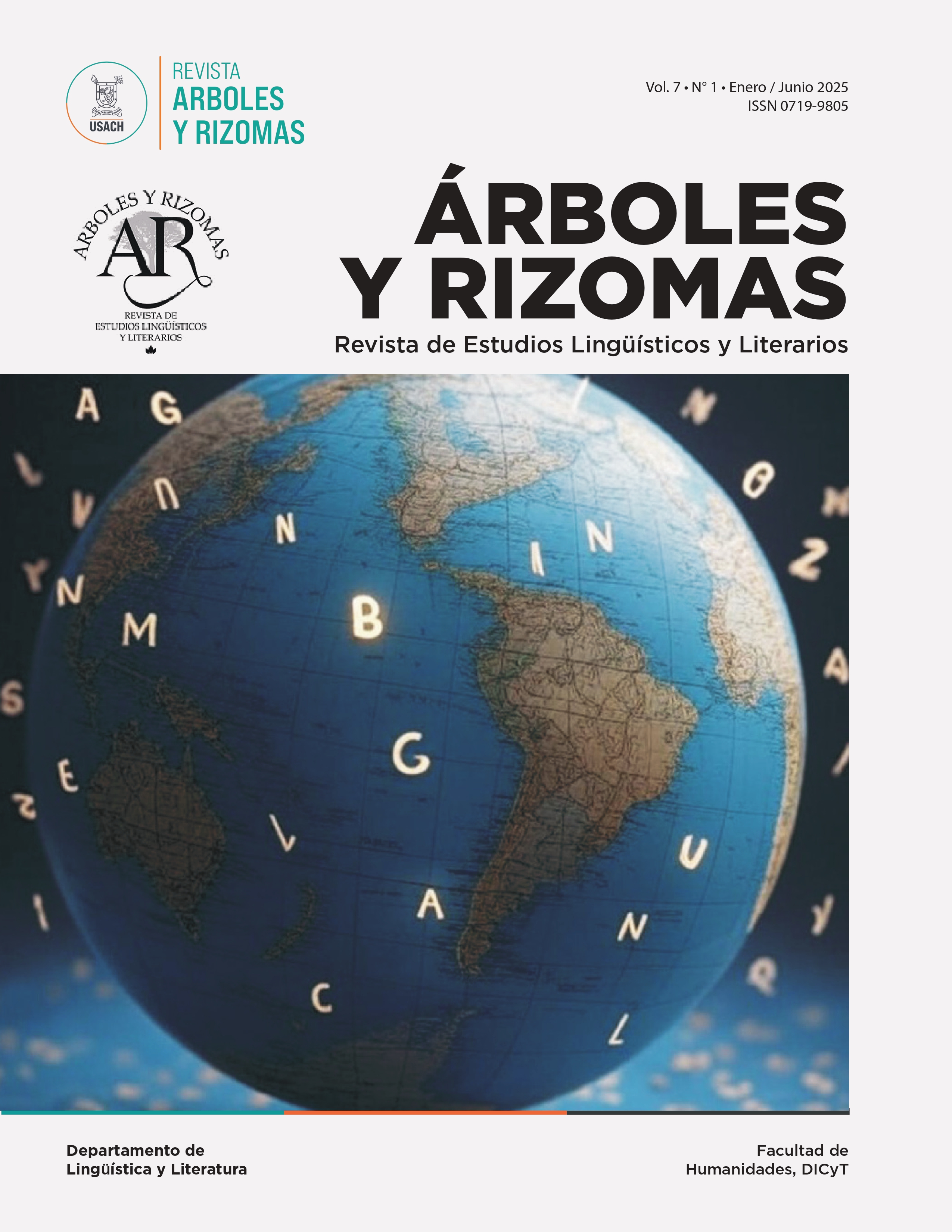Note: Conversations with the writer Óscar Esquivias: life, work and thought.
DOI:
https://doi.org/10.35588/ayr.v7i1.7056Keywords:
conversations, Spanish Civil War, irony, Óscar Esquivias, forgiveness, reconciliationAbstract
This note is an account of two conversations with Óscar Esquivias, author of short stories and novels such as Inquietud en el Paraíso (2005), La ciudad del Gran Rey (2006), and Viene la noche (2007). The first conversation took plane in Burgos (Spain), the writer's hometown, and the other in Madrid where he currently resides. The purpose was to understand the author's ideas about these three novels and learn about his notions on ethical issues that, according to the interviewer, are problematized in the texts through irony (Hutcheon, 1994), more specifically, forgiveness (Derrida, 2001) and reconciliation (Cento Bull & Hansen, 2016), linked to Spain's troubled past, which includes the Civil War (1936–39) and the dictatorship of General Franco (1939–75). According to the interview, the trilogy is the result of a narrative that became three novels inspired by Dante, Cervantes, and Jules Verne. Regarding the ethical issues connected to Spain's troubled past, the writer does not see many possibilities but emphasizes the importance of never losing hope for the future.
Downloads
References
Castanedo, F. (2006). Dante en Burgos (1936). El País.https://elpais.com/diario/2006/01/21/babelia/1137804614_850215.html
Celma Valero, M. P. (2019). Entre la pureza y el asombro: el descubrimiento del mundo en los cuentos de Óscar Esquivias. La verdadera patria. Infancia y adolescencia en el relato español contemporáneo (pp. 137 – 156). Iberoamericana Editorial Vervuert.
Cento Bull, A. y Hansen, H. L. (2016 [2015]). On agonistic memory. Memory Studies, 9(4), 390 – 404. https://doi.org/10.1177/1750698015615935
Derrida, J. (2001 [1997]). On Cosmopolitanism and Forgiveness. Routledge.
Esquivias, Ó. (2005). Inquietud en el Paraíso. Ediciones del Viento.
Esquivias, Ó. (2006). La ciudad del Gran Rey. Ediciones del Viento.
Esquivias, Ó. (2007). Viene la noche. Ediciones del Viento.
Guijarro Lasheras, R. (2017). La ciudad purgatorio: un modelo urbano entre la hostilidad y el Paraíso. En P. Andrade Boué (coord.), R. Guijarro Lasheras y M. Iturmendi Coppel (eds. lit.), La ciudad como espacio plural en la literatura: convivencia y hostilidad. (pp. 69–83). Peter Lang.
Hutcheon, L. (1994). Irony’s Edge: The Theory and Politics of Irony. Routledge.
Martínez Deyrós, M. (2012). Del Paraíso al Purgatorio: el viaje de Óscar Esquivias hacia el espacio interior. En C. Morán Rodríguez (ed.), Los nuevos mapas: espacios y lugares en la última narrativa de Castilla y León (pp. 144–152). Cátedra Miguel Delibes.
Mookherjee, N. (2022). Introduction: On irreconciliation. Journal of the Royal Anthropological Institute, 28(S1), 11–33. https://doi.org/10.1111/1467-9655.13751
Downloads
Submitted
2024-12-09Published
Issue
Section
License
Copyright (c) 2025 Vigdis Ahnfelt

This work is licensed under a Creative Commons Attribution 4.0 International License.






